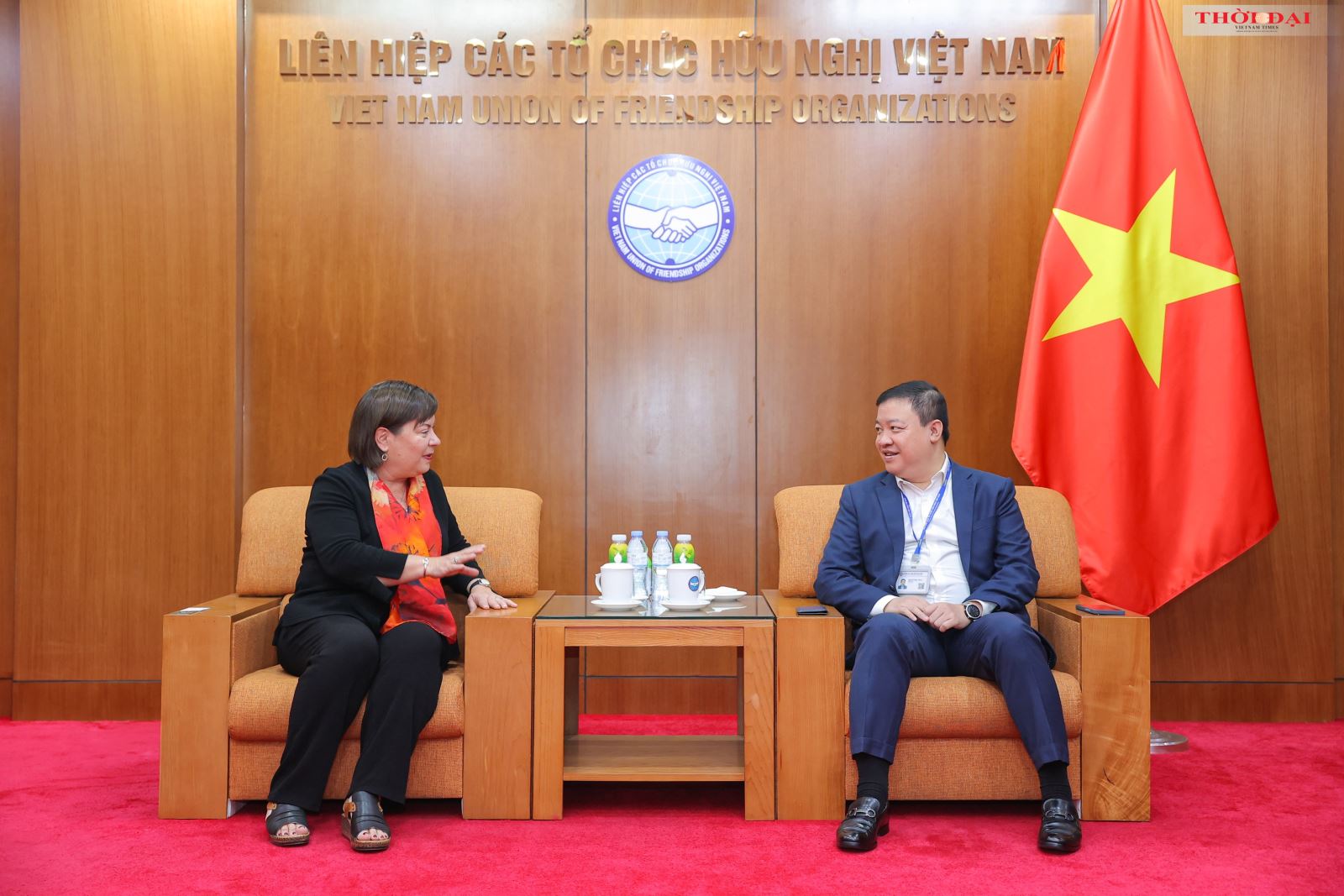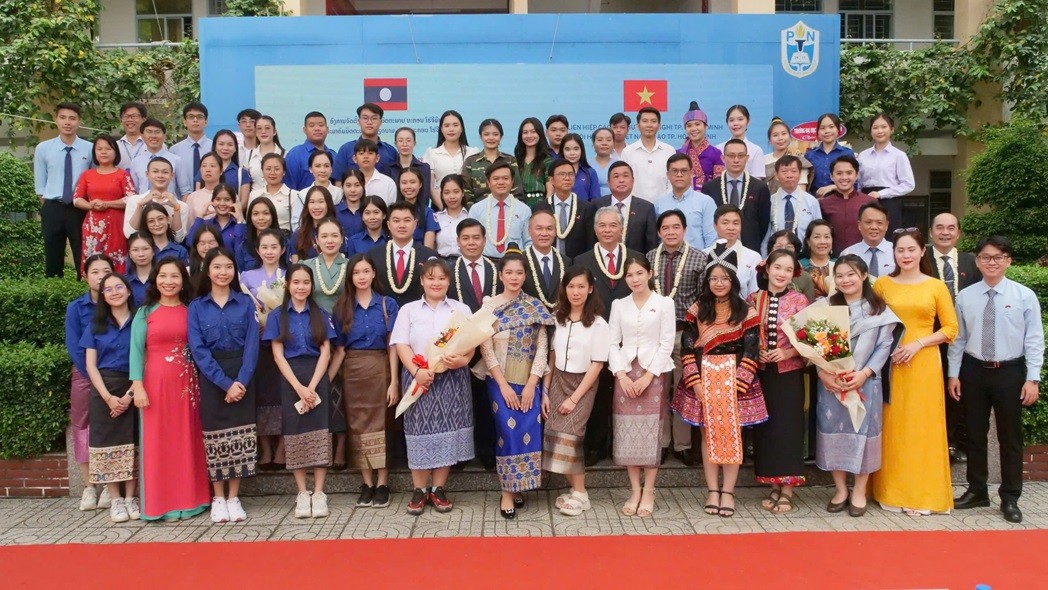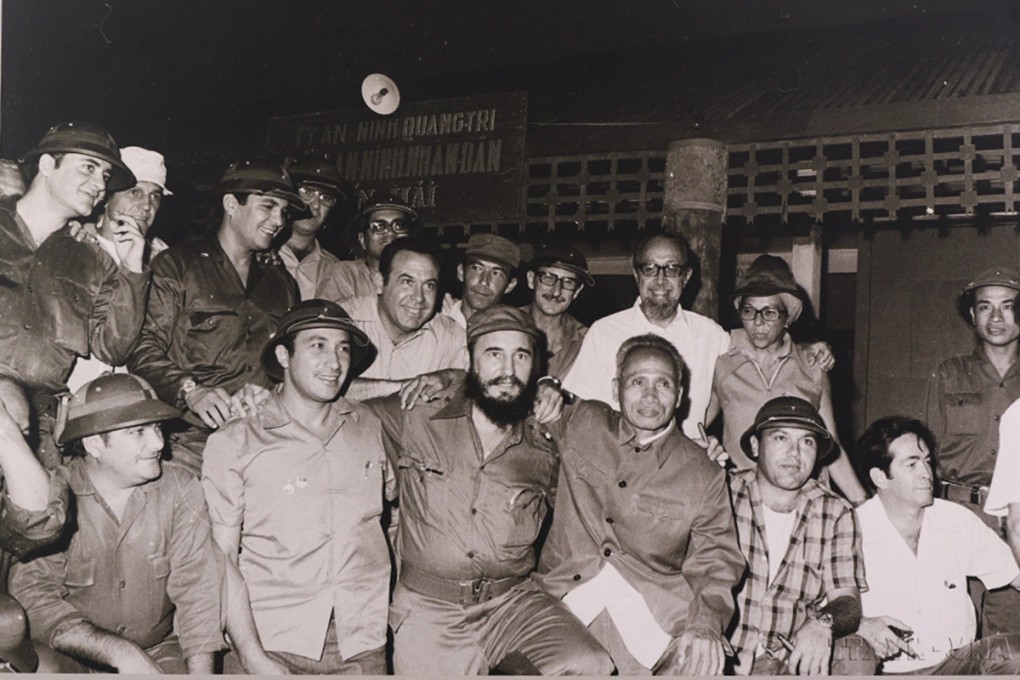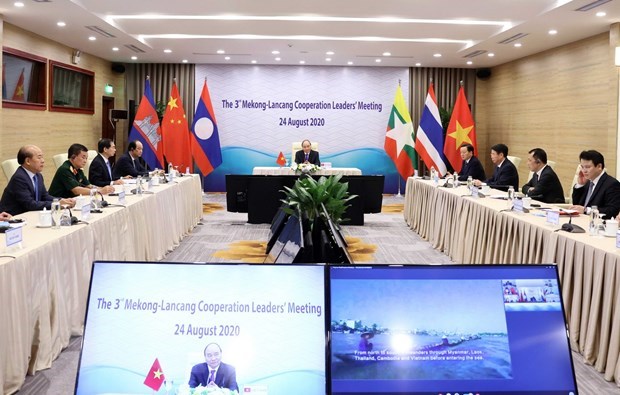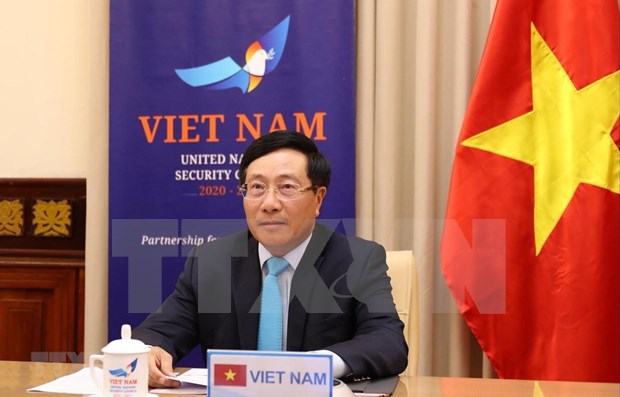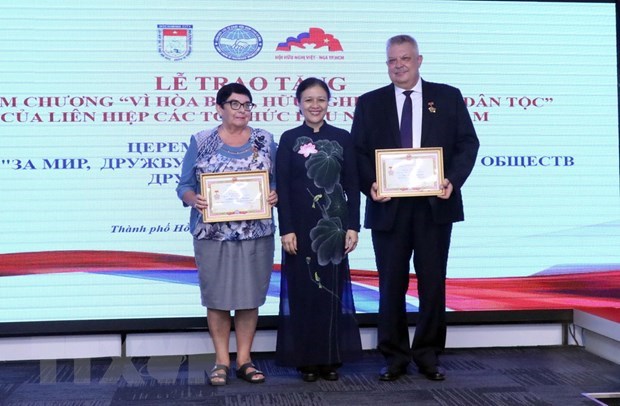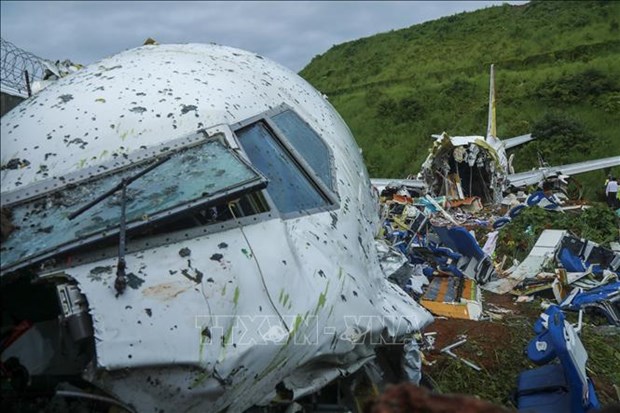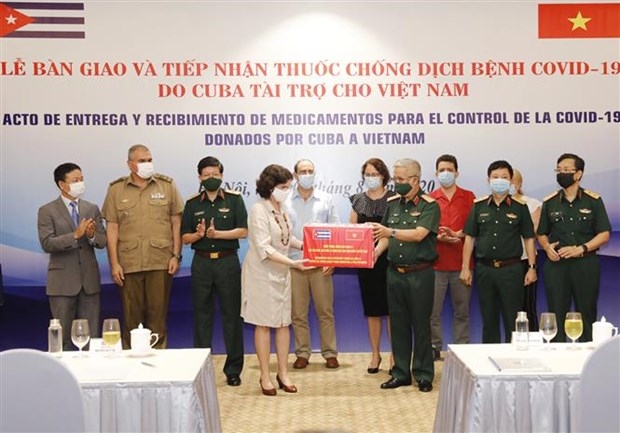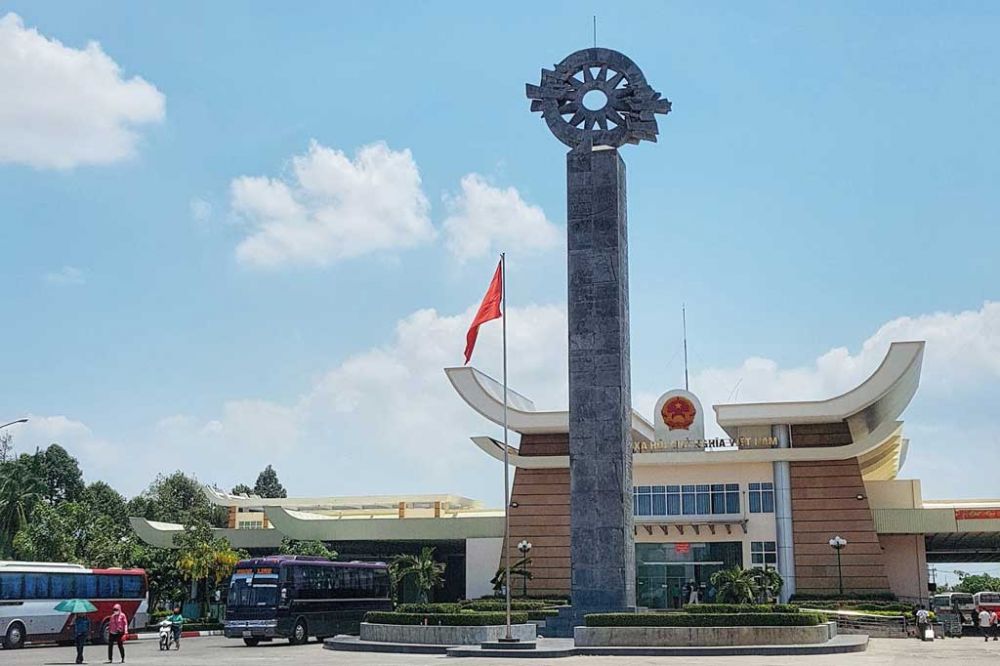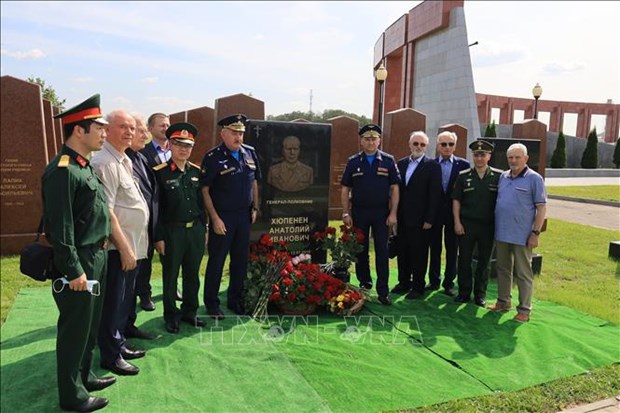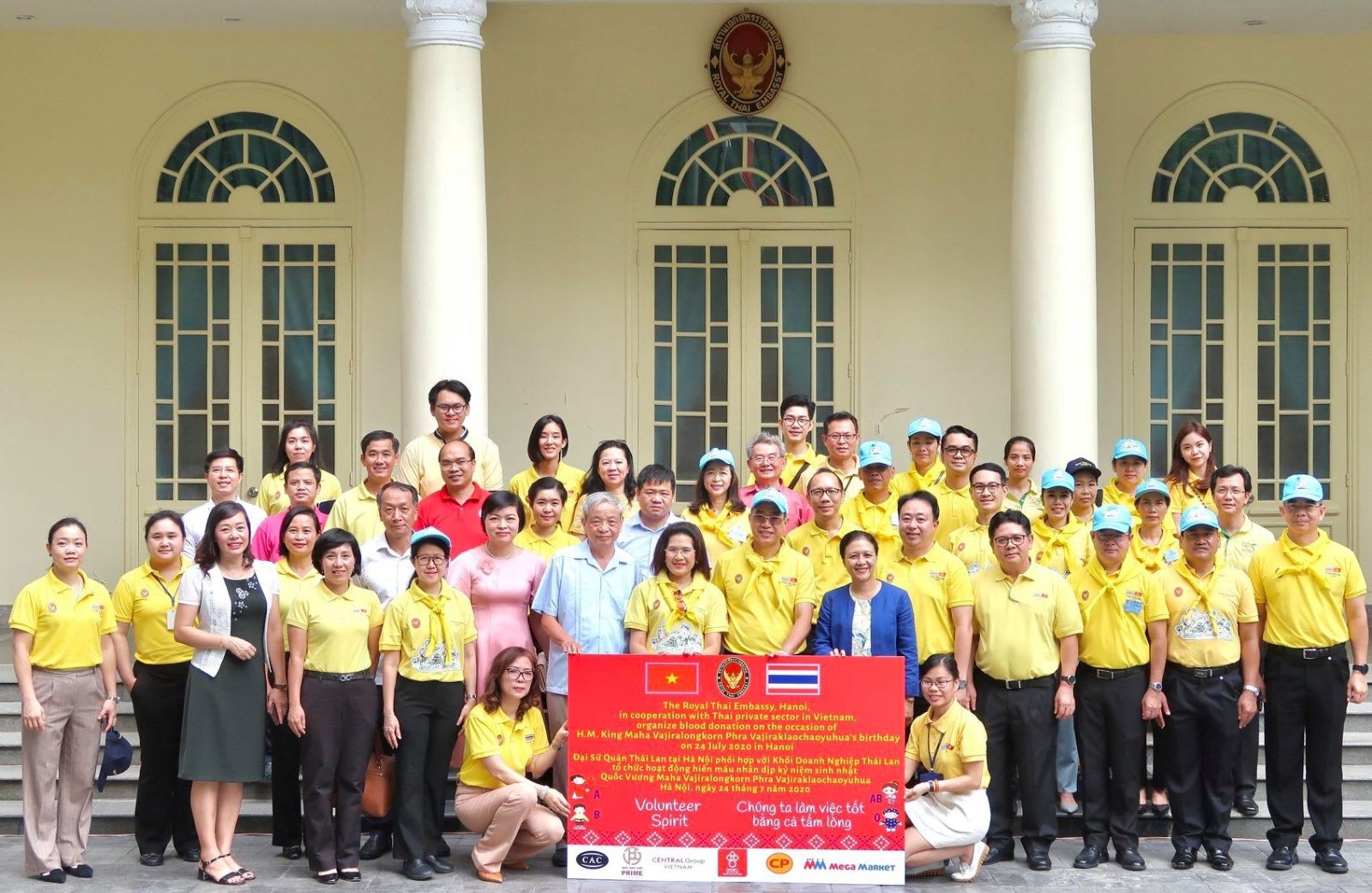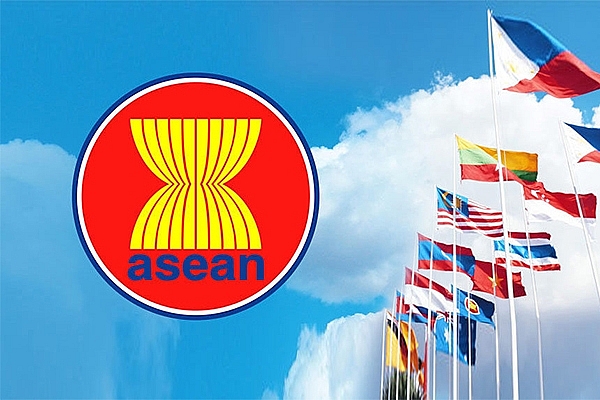
Established on August 8, 1967, with 5 founding members, ASEAN has now developed into a comprehensive and closely-linked organization with 10 member states.
ASEAN - a model of successful regional cooperation
ASEAN operates on the legal basis and the fundamental principles recognized in the ASEAN Charter. It has a complete organizational apparatus with the Committee of Permanent Representatives to ASEAN based in Jakarta, Indonesia.
The bloc has promoted multilateralism and free trade and established mechanisms that serve as the core economic and security structures in the Asia-Pacific region.
Therefore, ASEAN has expanded its network of partnerships to an increasing number of countries and organizations around the world.
ASEAN has constantly and proactively adapted and embraced the benefits of the Fourth Industrial Revolution as it is strongly engaged in new technology, developing a network of smart cities, and improving the quality of resources in a changing world of work.
In 2020, the COVID-19 pandemic, the global and regional geostrategic environment, and emerging non-traditional security issues have posed unprecedented challenges for ASEAN.
But addressing the ASEAN flag hoisting ceremony in Hanoi on August 7, Vietnamese Deputy Prime Minister and Foreign Minister Pham Binh Minh said, “These are not causes to be discouraged. Instead there are calls for a more cohesive, responsive ASEAN, which retains its firm centrality. The encouraging results achieved in the first half of 2020 bear testament to the ASEAN that never waves at any hardship. Although the tough battles to defeat the pandemic and to revamp the economy are still ahead, I’d like to emphasize that ASEAN future is bright.”
Vietnam’s hallmark
Since joining ASEAN 25 years ago, Vietnam has rapidly integrated and actively contributed to the development and success of the bloc. Vietnam has strongly promoted the admission of Cambodia, Laos and Myanmar to ASEAN, realizing the idea of an ASEAN of 10 Southeast Asian countries.
Vietnam has played an important role in setting ASEAN’s development goals and making decisions such as the Vision 2020 and plans to implement the Vision, the ASEAN Charter, and the Master Plan on ASEAN Connectivity 2025.
“Vietnam has made a more active and widespread contribution to the common work of ASEAN, especially enhancing solidarity and integration in ASEAN by an action plan on narrowing the development gap. Vietnam has worked hard for ASEAN expansion. This is the premise for ASEAN’s development in the coming years,” said Ambassador Pham Quang Vinh, former Vietnamese Deputy Foreign Minister.
As ASEAN Chair for 2020, Vietnam takes the lead in COVID-19 response to protect people's health, minimize adverse impacts on the economy, and prepare a recovery plan.
Following the motto "Community Thinking, Community Action", Vietnam is committed to working closely with other member countries to build a united and resilient ASEAN Community.
“Shoulder to shoulder, we can rise above all challenges and move ASEAN forward," Deputy Prime Minister and Foreign Minister Pham Binh Minh said. "I am pleased to share that ASEAN Foreign Ministers are finalizing a statement on the importance of maintaining peace and stability in Southeast Asia region which I in my capacity as the Chair of ASEAN will issue tomorrow on the ASEAN Day, August 8, 2020. This statement will reaffirm ASEAN’s vision, commitment, and fundamental principles to build ASEAN into a region of peace, progress, and prosperity as aspired in the 1967 ASEAN Declaration.”
53 years of development have proven that an ASEAN that is united, closely linked, and able to harmonize national and regional interests, will maintain its centrality in the region.
VOV5

